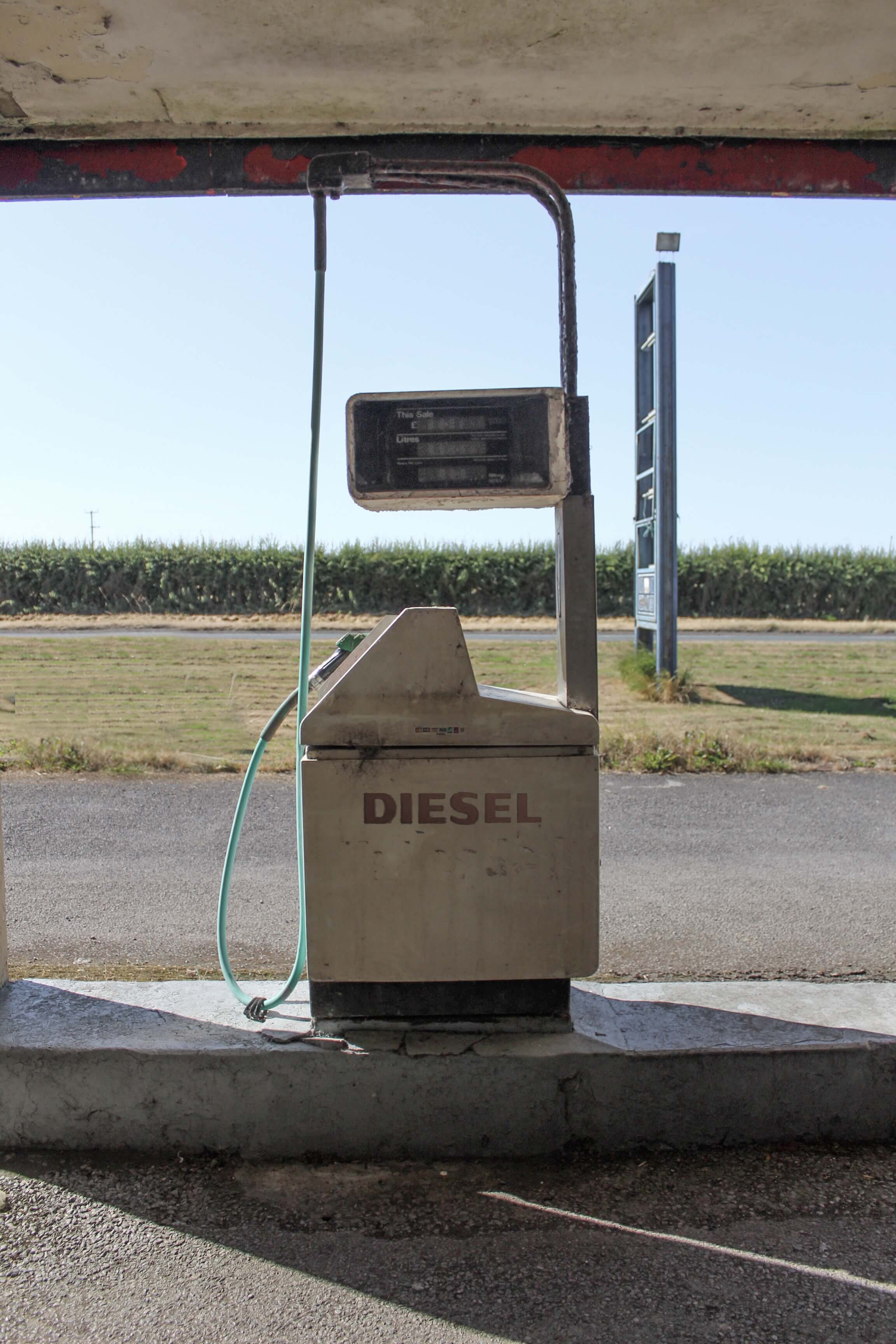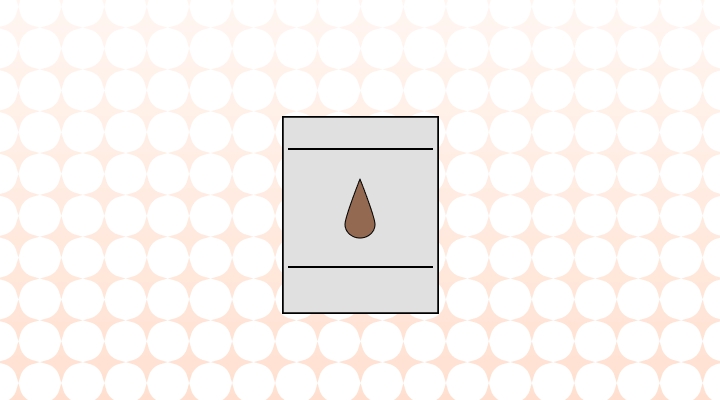The correct spelling is "diesel." D-I-E-S-E-L. This six-letter term refers to a type of internal combustion engine invented by Rudolf Diesel, widely used in transportation and various industries.

Diesel (noun)
- A type of internal combustion engine, invented by Rudolf Diesel, that operates on the principle of igniting fuel through compression rather than spark ignition.
- A fuel commonly used in diesel engines, derived from crude oil and characterized by a higher energy density than gasoline.
- Referring to vehicles or engines powered by diesel fuel, known for their fuel efficiency and torque.
- Slang: In some contexts, "diesel" is used informally to describe something powerful or robust.
As we can see in the below graph, the frequency of use for the word "diesel" was the greatest in the 1940s.

Origin of the word diesel
The word "diesel" has a straightforward origin story rooted in eponymous naming: it comes from the surname of Rudolf Diesel (1858-1913), the German engineer who invented the diesel engine in 1892.
Diesel envisioned his engine as a highly efficient and versatile internal combustion machine, capable of running on various fuels. While he initially proposed using vegetable oils and other renewable sources, petroleum-based diesel fuel eventually became the dominant choice due to its availability and energy density.
The term "diesel" quickly began being used to refer not just to the engine itself, but also to the fuel it burned and the vehicles powered by it. By the early 20th century, "diesel" became a widely recognized word in many languages, solidifying its association with Rudolf Diesel's revolutionary invention.
We've all been there: fingers hovering over the keyboard, a sentence half-written, and one nagging question burning in our minds - is it "diesil" or "diesel"? Fear not, fellow wordsmiths, for clarity is within reach! This blog post is your ultimate guide to conquering the "i" before the "e" and confidently spelling "diesel" like a pro.
Why is there confusion with diesel's spelling?
The culprit? That mischievous pair of vowels, "ie". Often lurking in words like "believe" and "achieve", they like to swap positions, causing us to stumble.
- Rudolf Diesel, the inventor of the engine, gets the honor of having his name immortalized in the fuel and engine themselves. And guess what? In his name, the "i" comes before the "e"! Just like in the word "diesel".
So, the next time you encounter this tricky word, take a deep breath, channel your inner Rudolf Diesel, and confidently spell it "diesel". Remember, the "i" comes first, just like his invention revolutionized the transportation world.
Example sentence for diesel
- The construction site employed several diesel-powered generators to ensure a stable and reliable source of electricity.
- The farmer used a diesel tractor to plow the vast fields on the rural estate.
- The cargo ship was refueled with diesel before embarking on its transoceanic journey.
- The mining equipment, powered by diesel engines, operated efficiently in remote and challenging terrains.
- Diesel locomotives are known for their robust performance and fuel efficiency in long-distance rail transport.
- Many commercial vehicles, such as buses and delivery trucks, use diesel engines for their power and endurance.
- The military convoy relied on diesel-powered vehicles for their durability and extended range during missions.
- In rural areas, backup generators running on diesel provide essential electricity during power outages.
- The fishing boat chugged along the river, its diesel engine propelling it through the water.
- The manufacturing facility upgraded its fleet of forklifts to models with diesel engines for improved load-carrying capacity.
Want to sound like a native speaker?
Engram’s AI-powered grammar checker makes your English sound like a native speaker’s, suggesting natural English expressions on top of fixing grammar, spelling, punctuation, word order, and vocabulary.

References:














